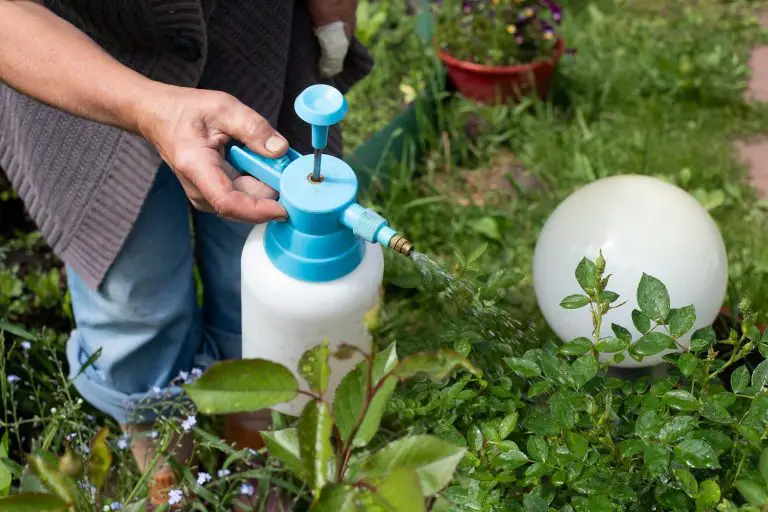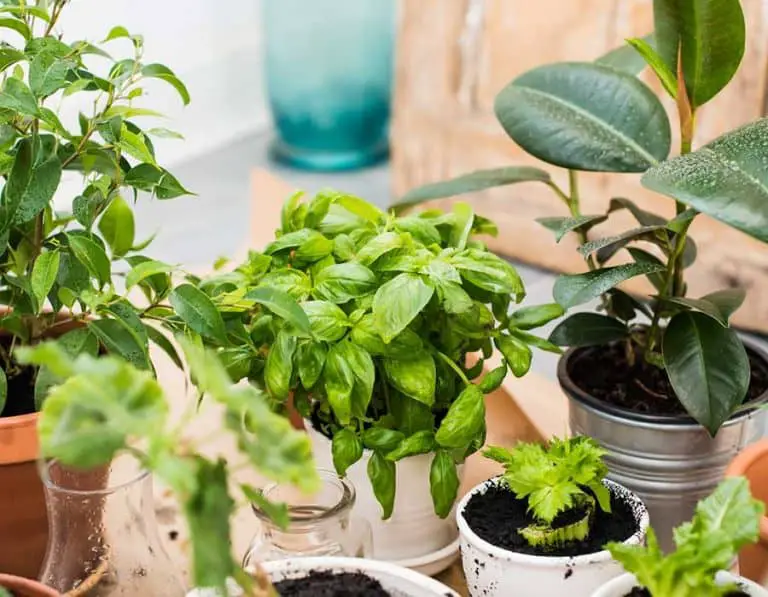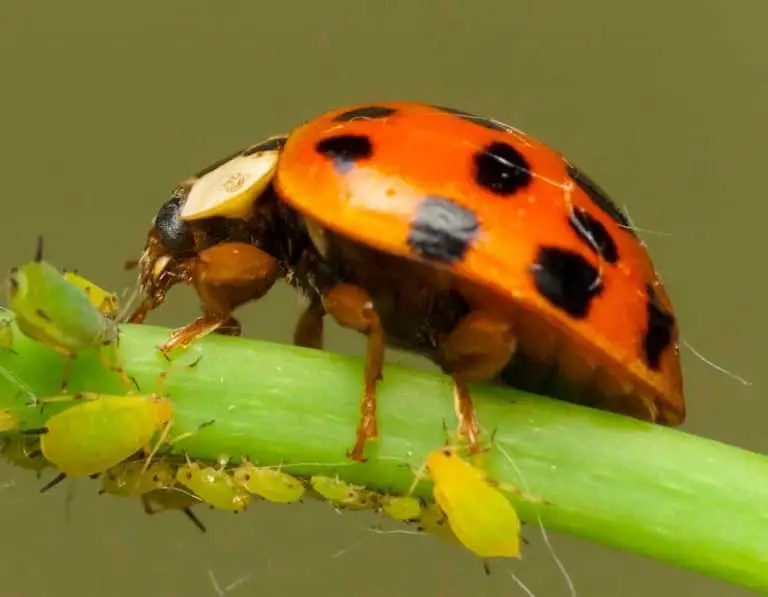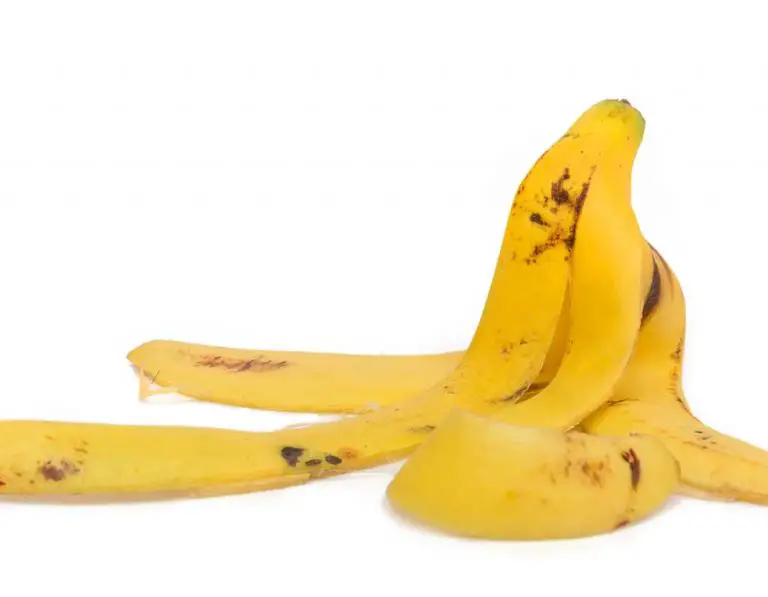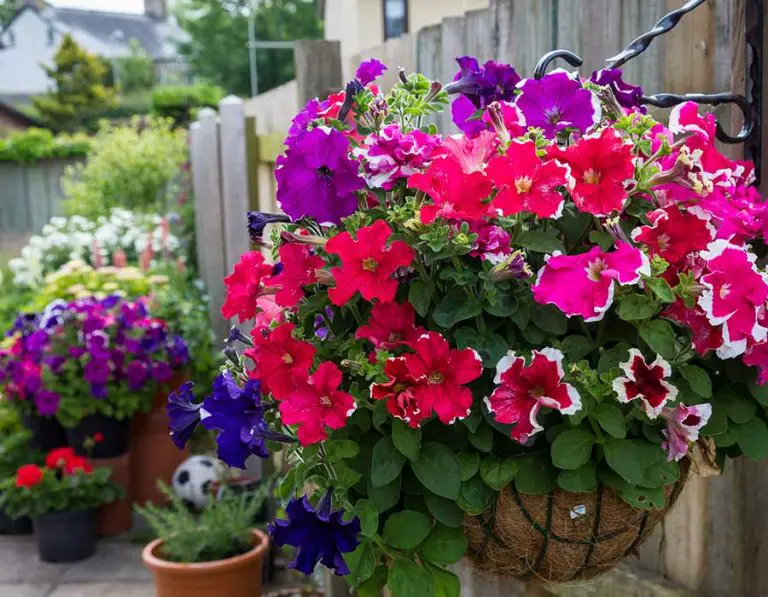Will Aphids Die in the Winter?
Aphids are known to live in temperate climates which means they need to overwinter. It seems that there are thousands of aphids around in the spring, but many overwinter and only emerge in the spring.
Aphids are some of the most resilient insects when it comes to cold weather. These insects are known to survive cold weather in temperate climates, but they do this differently from one species to another.
Aphids don’t die in the winter. They overwinter as adults, nymphs, or eggs depending on their species. Both eggs and adult aphids can survive temperatures as low as -14°F in plants, tree bark, or on the ground.
Winter is the time when many people see live aphids as they move closer to homes. Potted plants on patios or indoor plants are known to attract aphids in the winter.
Does cold weather kill aphids?
Cold weather generally doesn’t kill aphids. The weather would need to constantly be under -14°F for aphids to die outside.
Even in cooler temperate habitats, these are extreme temperatures which mean aphids overwinter. Both adults and nymphs are adapted to cold weather.
How do aphids survive winters?
Aphids are known to survive even the most extreme winters. Not every species is capable of dealing with cold weather. But aphids such as the Green Spruce are known for surviving and even thriving in the winter.
Aphids can survive as adults or as eggs in the winter. Neither of these needs a warm place to survive, even if eggs are generally laid in hiding which offers better cold protection.
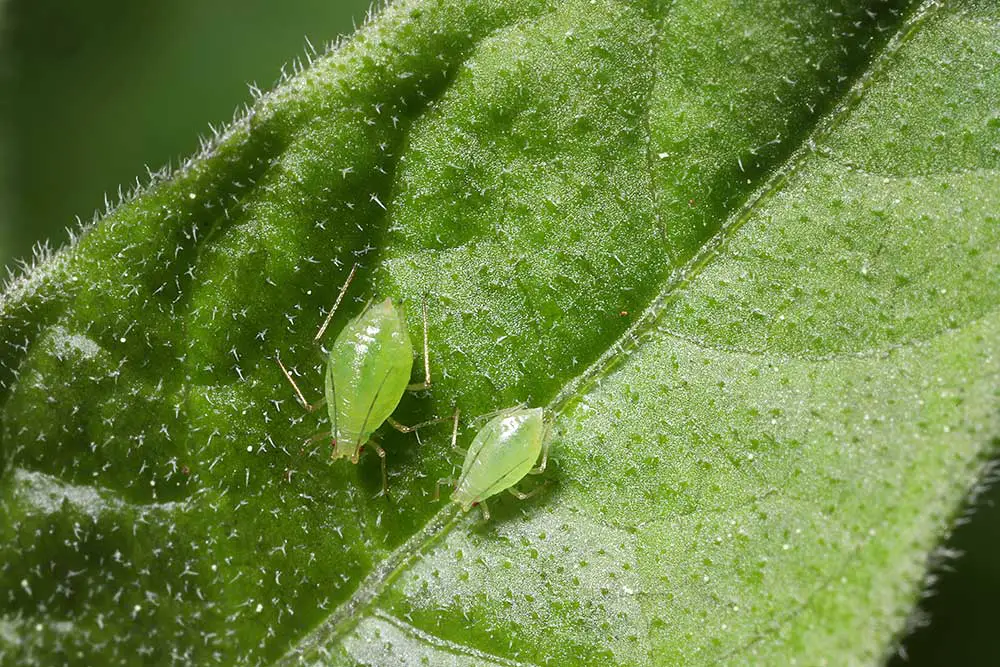
As adults
Adult aphids survive winters. They can survive even extreme winters where temperatures are constantly below freezing.
The way aphids survive winters is by their adaptations to temperate climates. Most importantly, adult aphids that survive winters are known for reproducing faster in the spring.
Adult aphids can fly (more than 100 yards at a time) which means they will move towards food and sheltered areas in the winter.
These resilient aphids are the first to lay eggs. Research shows adult overwintering flies are known for laying eggs sooner compared to an aphid overwintering eggs that still needs to grow and develop in the spring.
For some aphid species survival comes with a certain weakness. As with very warm weather, cold weather tends to slow aphids down.
This is the sole reason many people can remove aphids by hand either in very cold weather or in very warm weather.
As eggs
Aphids can also survive as eggs during the winter. Both the duration of the winter and the temperatures in the winter determine which aphid eggs survive to hatch in the spring.
Aphid eggs are generally known to have survived even colder weather than adult aphids as they’re lain in the ground, under tree bark, or in-plant stems directly. They have an extra layer of protection.
Aphid eggs only start to see high mortality rates in long winters. They cannot hatch properly whenever the winter is long.
However, most aphid eggs survive even long winters which means new aphids are seen in the spring apart from the adult aphids that have already overwintered.
Since a single aphid can lay more than 200 eggs there are high chances of seeing thousands of aphids in a crop in the spring.
Cold hardiness helps aphids survive winters
Cold hardiness is the scientific term for the readiness of insects to survive cold weather. Science shows cold hardiness is just studied properly for a few years which means there are inconclusive data for all aphid species’ survival in the winter.
Aphids develop cold hardiness by exposing themselves to cold weather. The more eggs are exposed to cold weather the more used aphids are to overwintering in extreme temperatures.
Cold hardiness is specific to many types of aphids found in the US. This resilience to cold weather makes aphids continue feeding in the winter.
What happens to aphids in the winter?
Aphids don’t hide in warm places during the winter. They continue looking for food and these efforts might only be slower compared to their summertime efforts.
Aphids are found around the house in the winter where the insects look for leaves, plants, and flowers to feed on.
Most aphids are seen moving around plants and even flying. Some aphids might fly less, mainly due to windy conditions in the winter.
Otherwise, aphids remain active in the winter when many people try to get them off plants in the garden of the house.
How do get rid of winter aphids?
Since snow might cover all good plants aphids like these insects might want to make their way indoors for house plants.
Winters are also known to drive aphids indoors to seek out warm spaces.
Aphids can be as damaging to plants in the winter as they are in the summer. They have been shown to invade plants they wouldn’t normally consider in the summer such as peppers and other vegetables.
Spray plants with horticultural soap
Soap and water are used to spray indoor plants in the winter to keep aphids out. Plants need to be evenly coated with the spray to deter the insects.
Aphids eat through plant leaves quickly in the winter if they cannot find them easily outdoors. Failing to protect plants might lead to them dying quickly.
Summary
Aphids survive in the winter as adults or as eggs. They are known to resist very cold weather well below the freezing line.
Cold hardiness is the process that allows aphids to survive in cold weather.
While the insects are known to live on through the cold weather, they might become slower as a means to preserve energy.
You can easily pick aphids by hand in the winter as they move slower and they fly less. Failing to remove aphids and aphid eggs in the winter doesn’t mean they will naturally die. Aphid eggs hatch as soon as the winter is over making room for hundreds of young aphids in the spring.

